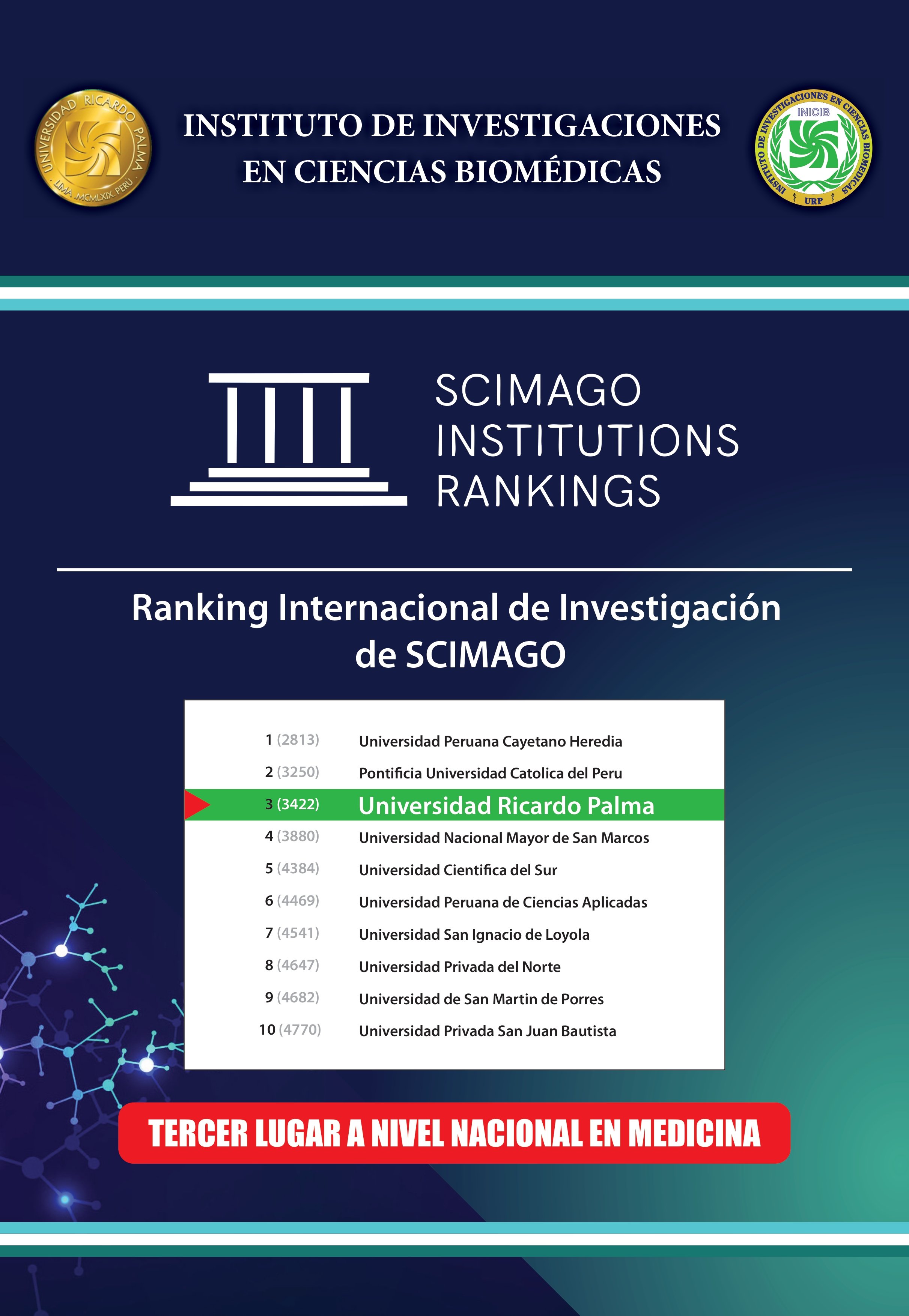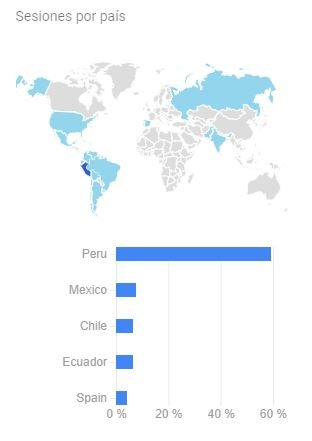Viral etiology associated with Guillain-Barré Syndrome: seeking an answer to the idiopathic
Etiología viral en el síndrome de Guillain-Barré: buscando una respuesta a lo idiopático
Keywords:
Guillain-Barre Syndrome, Viruses, EtiologyAbstract
Guillain-Barré Syndrome (GBS) is a rare disorder of the nervous system, where the patient's immune system attacks the peripheral nerve cells in the arms and legs, causing muscle weakness, loss of sensation and sometimes total paralysis. The origin of this disorder has been associated with immune responses triggered by post-infection with Campylobacter spp. However, when there is no obvious cause of the disease, it is usually not investigated due to the greater interest in the treatment. Therefore, most cases are reported as idiopathic origin. Between January and March 2016 worldwide, GBS outbreaks were reported in 8 countries, linked to the emergence of the Zika virus. In Peru, since the end of 2018, outbreaks of GBS have been reported more frequently and although no association with Zika has been confirmed, the increase in cases, the geographical extension where they occurred and the clinical characteristics of affected patients, have common patterns that lead to suspect an infectious origin mainly of viral type. Therefore, it is important to know the current scientific evidence about the role that some viruses play in this syndrome, allowing us to expand our epidemiological picture with new tools to address this disease
Downloads

Downloads
Published
How to Cite
Issue
Section
License
Copyright (c) 1970 Revista de la Facultad de Medicina Humana

This work is licensed under a Creative Commons Attribution 4.0 International License.





























